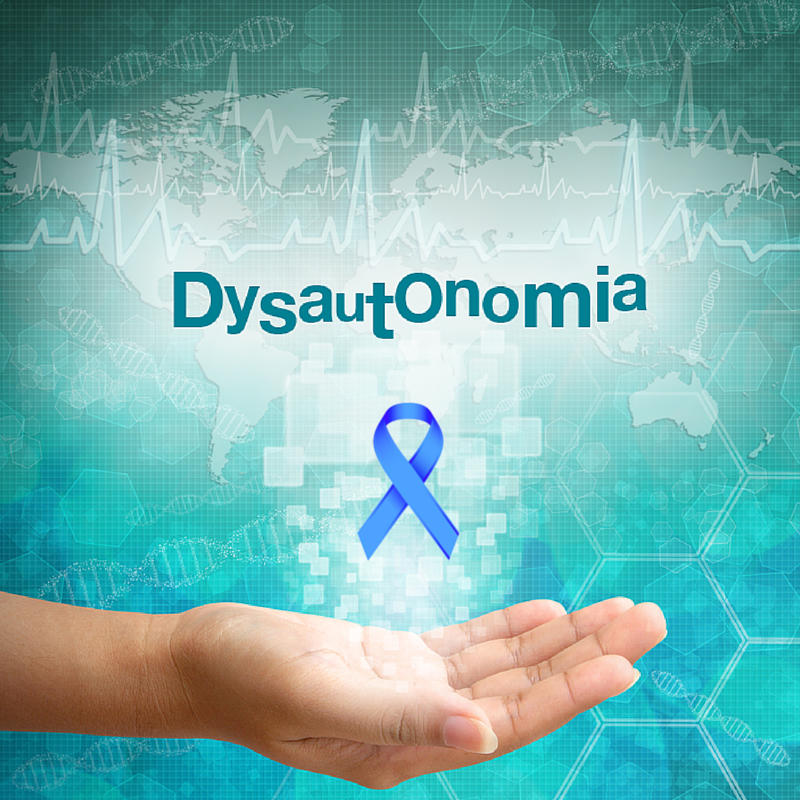Dysautonomia: A Disease You Likely Haven’t Heard Of, But Should
October 23, 2014
“Pinktober” is a term coined for the highly-conspicuous National Breast Cancer Awareness Month. Every October tons of brands (including this one) get together to produce pink-inspired products to help promote Breast Cancer Awareness. It’s nearly impossible to miss the sea of pink ribbons. But October is not just Breast Cancer Awareness Month, other diseases deserve recognition too.
What other important diseases stand in Pinktober’s shadow?
Did you know that October is also Dysautonomia Awareness Month? One of the more common forms of this autonomic nervous system disorder is known as postural orthostatic tachycardia syndrome (POTS).
This illness is largely defined by orthostatic intolerance, which means when a person stands up, a large amount of their blood pools in their legs instead of circulating back up through their heart. While blood pressure decreases, heart rates skyrocket.
Why We Need to Raise Awareness for POTS
It may not yet be a recognizable name like Parkinson’s or ALS, but for some POTS can be every bit as disabling. Currently it affects anywhere from 1,000,000 – 3,000,000 American teens and adults according to Dysautonomia International. Since symptoms can range anywhere from fainting to fatigue to frequent headaches, the syndrome can be difficult to diagnose.
Quality of Life For POTS Patients
The overall severity of the syndrome can vary by patient. Some may be bedridden or confined to a wheelchair and need the help of a caregiver while others may be able to live on their own. Both groups, however, are at an increased risk for falls since they can quickly become dizzy and disoriented when standing up or after prolonged standing. Help may not always be readily available–especially for patients who live alone.
How Medical Alert Systems Can Help with POTS
That’s where medical alert systems can really come in handy. POTS patients can push a button on a necklace or bracelet when they feel dizzy or after a fainting spell if injured during the fall. These alert systems not only help patients maintain a degree of independence, but also can give them and their loved ones peace of mind that they can get the help they need when a fall happens.
How You Can Help Spread Awareness for POTS
To learn more about POTS, and Dysautonomia, please visit the Dysautonomia International website here. Their site has plenty of info so you can educate yourself and others on the disease. It also has resources for you to get involved such as hosting fundraisers and baking cupcakes for a cure.


